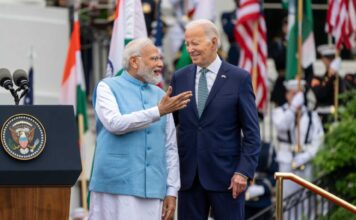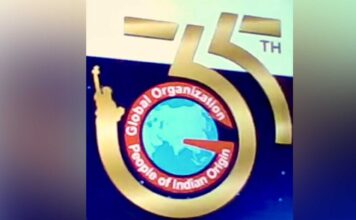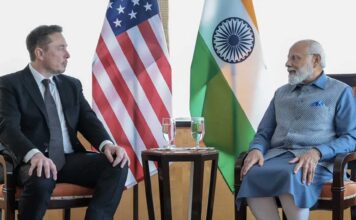By Dr. Bhaswati Bhattacharya
It is not the science of Ayurveda that is the problem. It is today’s ayurvedic medical schools, in which students are not taught in depth about the four pillars of treatment known as the pāda-chatuṣ-ṭayā – knowledge of the practitioner, the availability of the needed medicine, the ability of the assistant that helps the patient, and the willingness of the patient.
Students learning in classrooms are not taught to hear the quiet whispers of Ayurveda. They learn the allopathic approach to the four pillars, thinking that a credentialed degree means they have proper knowledge as a practitioner and thinking that certain medicines are dangerous.
Ayurveda reminds us clearly in all the texts that medicines are dangerous depending on their dose, timing, and processing! Students do not learn the scope, dose, and carrier for each medicine because modern medicine separates clinical practice from the pharmacy. Ayurveda students learn that assistants to help the patient need not care deeply for the patient but can simply be paid staff, like a nurse or home attendant, because that is what conventional medicine uses. And they learn that if the medicine really works, it does not matter if the patient is willing, just as modern medicine teaches. Vaidyas learn to say, “I cured the patient” and they believe that proper payment with money is proof of the value of Ayurveda.
Year after year, the basic deficiencies of most teachers are not addressed, mainly due to priorities for funding requirements at the school. Teachers of Ayurveda are hired based on favoritism and nepotism, under-the-table bribes, and large quotas based on caste requirements. As a result, teachers do not focus on the integrity of gaining skills that will help their students learn, and they do not know where to gain them.
Their clinical practice is limited by their obligations as an academician, rewarded for attending meetings but not for the skills they develop during those meetings. Comprehension is not tested after seminars. Clinical skills are not tested, by stating that physicians are diverse in their skill sets. Basic skills are neither listed nor assessed. Pedagogy does not focus on the student and how they learn, as well as the practical things they need to learn.
None tests whether the student understood what the teacher was saying. The syllabus and teaching guidelines are determined by a committee of academicians who are neither critical thinkers, talented clinicians, articulate updated teachers, nor competent researchers.
This limited thinking propagates decay and ignorance of the immense wisdom of Ayurveda.
Rather than being custodians of the subject, in strong defense of its proper teaching in-depth and propagation of its huge clinical uses, those most ignorant of the subject behave as though excellence in authentic Ayurveda is not worth the effort.
It is partly a consequence of their own mediocre schooling. It is partly a consequence of colonialism, which maneuvered to benefit its own non-Ayurveda agenda. Around the world, the powers that rose after the First World War decided to commodify illness. Modern medicine, chemists, and the pharmaceutical industry were seduced and grew by the immense profit that disease provides.
If we look at the way Ayurveda is propagated today, very little of it is due to skills such as writing well and providing excellence in communication to specific audiences, demonstrated critical thinking, case-based study and revelation of clinical medicine, accurate giving and receiving of honest feedback, or work done after meticulous background research.
This inadequacy of competence breeds insecurity. Teachers quietly feel helpless that they could not learn Sanskrit properly, that they could not see patients in clinics due to disorganized staff, and that they did not have proper resources for experiments and laboratory practicals. They fake experiences and lie, filling charts with false patients and imagined work. Those who learn something beyond the others become arrogant because their small advantage gives them favor and attention, perhaps a gold medal in a subject. They cover their insecurities with mementos of attendance that look like awards, and they beat down any student who might surpass their knowledge. Money and career titles become the metric for showing success.
This is propagated by those in mainstream society, who continue to remain ignorant of how to find a good vaidya. They cannot see the fakeness and inabilities of most vaidyas to use Ayurveda principles effectively. People cannot understand the true wisdom of Ayurveda because they do not use their hearts. If you want to find a real vaidya, do not believe someone who introduces himself by his accomplishments. Believe in him/her by your gut instinct as s/he watches you in silence.













